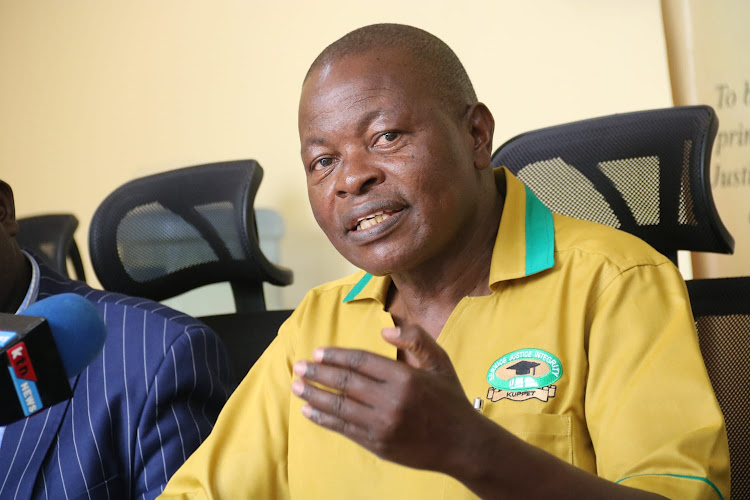EACC urges counties to strengthen anti-corruption measures and safeguards

The renewed push by EACC comes amid mounting concerns over the misuse of public funds in devolved units, with the commission warning that without preventive systems in place, anti-graft efforts risk remaining reactive rather than effective.
County governments have been urged to overhaul their anti-corruption strategies and adopt stronger safeguards to prevent the misuse of public resources, as the Ethics and Anti-Corruption Commission (EACC) warned that graft remains one of the biggest obstacles to effective service delivery.
EACC Deputy Chairperson Dr Monica Muiru made the call while in Kwale County, where she pressed devolved units to establish dedicated corruption prevention committees. These committees, she said, should be tasked with identifying potential risks, scrutinising high-risk operations, and sealing institutional loopholes that enable unethical behaviour.
More To Read
- Civic group petitions Senate over 'runaway graft'
- MPs block plan to create new sextortion law
- How forged academic papers are helping fraudsters secure top government jobs — EACC
- Court declines to freeze MCSK royalty collections amid Sh56 million row
- Court freezes ex-KNH CEO Evanson Kamuri's assets worth Sh229 million
- New Bill proposes Sh5 million fine for false wealth declarations in State appointments
“Corruption thrives when systems are weak and accountability is absent. We are urging county leadership to create and empower corruption prevention committees that can proactively address vulnerabilities before they escalate,” Dr Muiru told senior officials during the forum.
The session, which included a capacity-building workshop organised by EACC in partnership with GIZ, aimed to equip county executives and departmental heads with practical skills to detect, prevent, and respond to graft risks.
Dr Muiru noted that the training would help strengthen accountability mechanisms, enforce integrity standards, and promote a culture of transparency within devolved structures.
She emphasised that corruption prevention committees could become vital tools for building public trust in county administrations, adding that the fight against graft requires both institutional leadership and public involvement. “County leaders must set the tone by leading with integrity. But lasting change will also require collaboration with citizens,” she added.
Kwale Governor Fatuma Achani welcomed the proposal, saying her administration has already prioritised transparency and accountability in its governance approach. She explained that establishing such committees would complement existing measures, such as decentralising services to minimise procurement manipulation and strengthening the separation of powers between the executive and county assembly to enhance oversight.
“These committees will significantly boost our anti-corruption strategies and ensure public resources are channelled towards improving the lives of our people,” said Governor Achani, pledging to support their immediate establishment.
GIZ Cluster Coordinator for Governance, Peace and Security, Thomas Ansorg, also underlined the importance of prevention-focused measures, noting that corruption has long undermined service delivery and public trust.
“Stopping corruption at its source ensures that citizens receive the quality services they deserve,” Ansorg said, adding that GIZ will continue to work with EACC to strengthen governance structures at both county and national levels.
The renewed push by EACC comes amid mounting concerns over the misuse of public funds in devolved units, with the commission warning that without preventive systems in place, anti-graft efforts risk remaining reactive rather than effective.
Top Stories Today











































